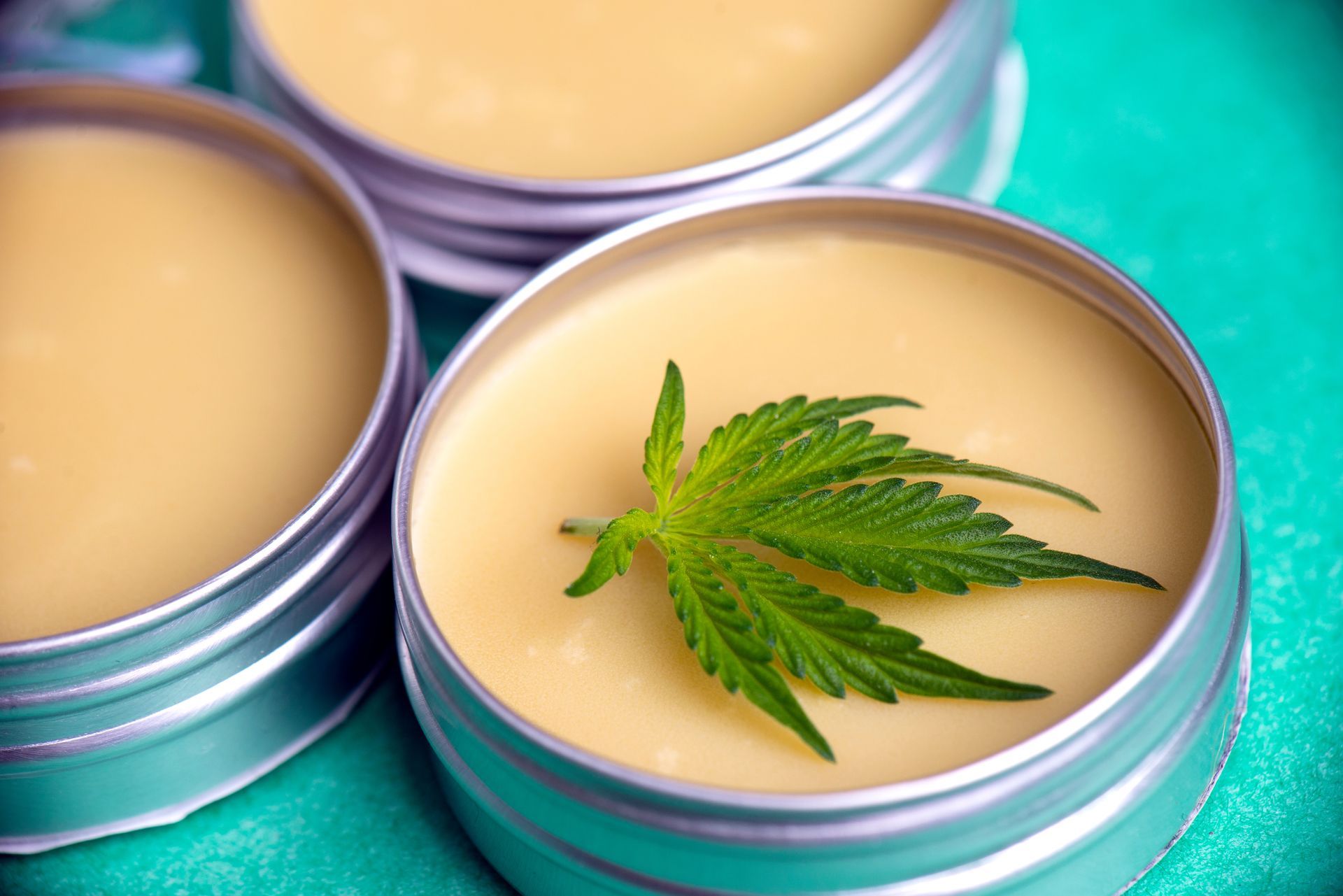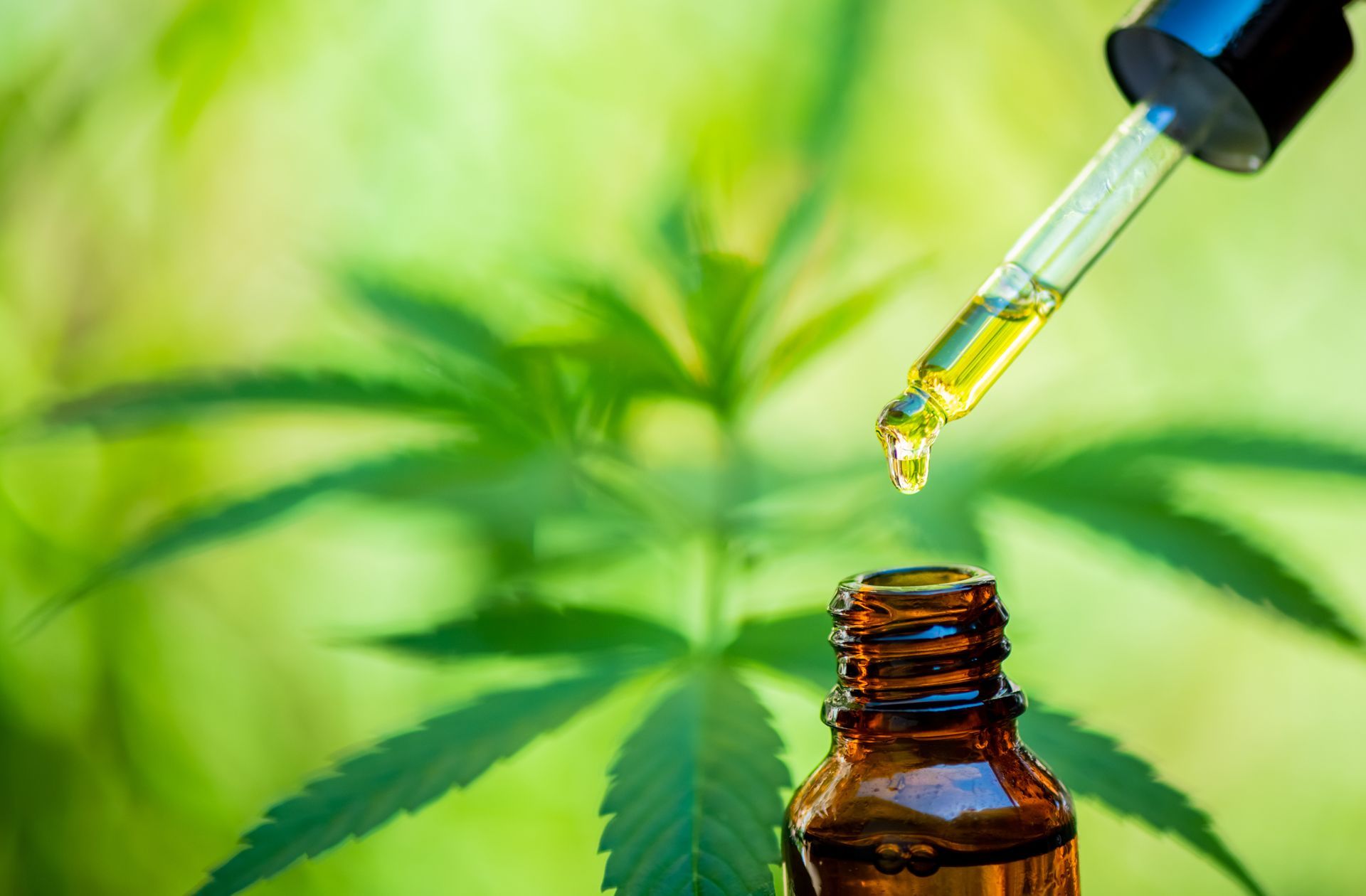Is CBD Oil Regulated by the Government?
Cannabidiol (CBD) is being studied extensively for its potentially beneficial effects on various ailments and symptoms such as chronic pain, inflammation and anxiety, but FDA-approval for CBD products is still exceedingly rare. So far only one medication with CBD as its primary ingredient has been approved by the FDA.
If CBD products aren’t FDA approved, how are they sold all over the place? There are several reasons.
- The FDA is not the arbiter of all law and law enforcement in the United States
- Some states have legalized marijuana for recreational use, which makes the FDA’s extreme CBD stance a moot point
- The 2018 Farm Bill allows the interstate sale of cannabis-derived products that contain less than 0.3 percent THC and most CBD products contain less than 0.3 percent THC
CBD is in many cases more of an “ingredient” than a “drug” in the eyes of many states. Enforcement of CBD rules tend to fall to states and businesses that either are or aren’t willing to allow the sale of CBD products.
What gets CBD businesses into trouble with the FDA is their approach to marketing and making exaggerated claims about what their CBD products can do.
What’s Stopping CBD from Greater Acceptance?
There are a couple of factors standing in CBD’s way. CBD has some difficulty gaining traction as a natural remedy for diseases and pain due to the stigma related to its cannabinoid cousin THC. Unlike THC, CBD does not have psychoactive effects. They are derived from the same plant but have different properties.
The other factor is the relative thinness of human studies and proof of the efficacy of CBD products as a treatment. The federal government is still skeptical about the effects of CBD and allowing its promotion as a treatment for various ailments. The government is supportive of further research, but much more has to be done for CBD products to become FDA approved.
It’s worth noting that CBD is not alone in this regard. For decades various dietary supplements have run afoul of the government for advertising themselves as miracle cures for ailments with nothing but anecdotal evidence and shaky scientific reasoning. Government organizations like the FDA were set up in part to prevent the public from being tricked by snake oil salesmen.
The 2018 Farm Bill
Thanks to the Farm Bill of 2018 many of the restrictions that use to exist for CBD have been lifted. The Farm Bill legalized production of hemp on a federal level. It also took hemp out of the abuse substance category, which allows hemp and CBD products to be produced and sold as long as they contain less than 0.3 percent THC. Anything over that is still considered illegal according to federal law.
The USDA is in charge of regulating existing growers, but under this new law each state is in control of how they regulate the cultivation and growth of hemp. Growers must comply with federal law and their state jurisdiction.
The Farm Bill made it easier for CBD companies to be in business as well. CBD businesses now have access to:
- Federal banks
- Loans
- Tax incentives
- Federal trademarks
Interstate commerce is also legal for CBD sellers, making CBD shippable and sellable on a nationwide level. Since the Farm Bill made the hemp business easier to legally operate, more and more businesses have been popping up that sell CBD products, from tinctures and oils to edibles and capsules.
Advertising and Marketing of CBD
The FDA can’t stop the growth of hemp or the production and sale of CBD products, but they can take action when CBD companies misrepresent what their products can do for consumers.
According to the FDA’s rules and regulations, CBD cannot be advertised as a drug. Any labels on products and claims of the business cannot say that their products:
- Cure
- Treat
- Have a therapeutic effect
- Prevent
- Mitigate
- Dietary supplements
In the last quarter of 2019, 15 businesses were warned by the FDA about the marketing of their CBD products. More followed.
Some CBD businesses have also been targeted by class action lawsuits that have alleged the manufacturers made claims that the products were going to deliver a specific curative benefit and were marketed to contain a certain amount of CBD but did not.
Until any CBD products are FDA approved, individuals are warned to take CBD products at their own risk. If you are considering CBD, make sure you are researching the quality of the product and the reliability of its CBD content.
You can learn about the best brands and see their
evaluations on our website.
All Rights Reserved | TOP10CBD | Website Created By REV77



